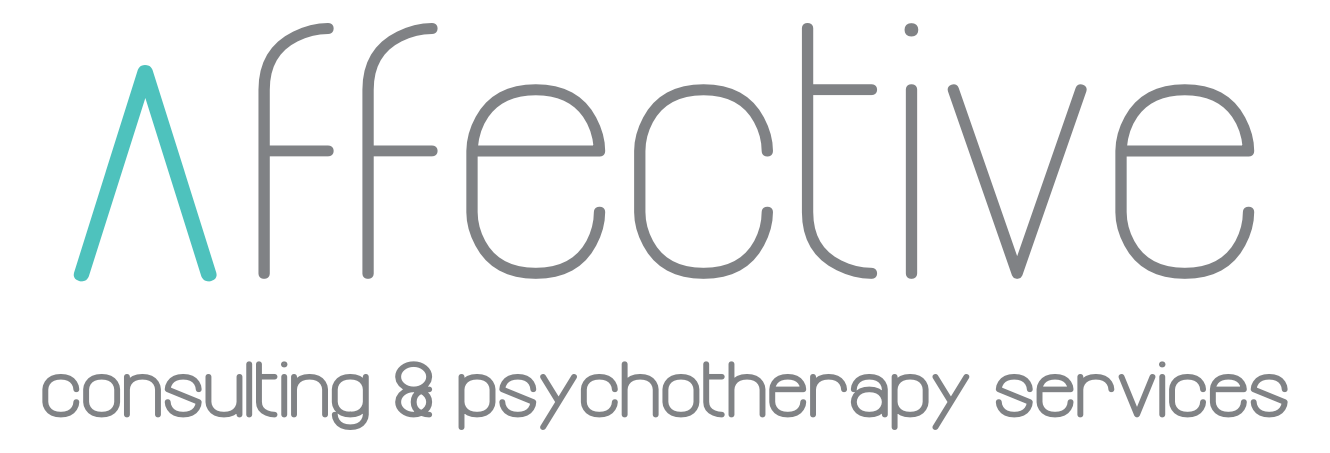Wellness & belonging Modules & Learning Outcomes
Understanding Mental Health
Conceptualize what mental health and well-being constitutes
Discuss cross-cultural constructions of illness and mental wellness
Expand our ideas about trauma and what it is comprised of
Consider the impact of being labelled with mental illness and the necessity of diagnoses
Conceptualizing Problem Substance Use
Define when substances become a problem.
Contextualize drug and alcohol use in the dominant culture and within subcultures
Explore the goals and functions of altered states
Discuss the impact of stigma and what affirming support looks like
Consider the benefits and challenges of harm reduction and abstinence-based interventions
Becoming Trauma-Informed
Examine the principles of being trauma-informed
Assess how these principles have been applied to service delivery and within the organization
Consider shifts needed organizationally to become more trauma-informed
Identify strategies to support treatment integration for clients with trauma histories
Review measurement tools to assess and continue moving toward a trauma-informed practice
Trauma & The Provider
Introduce/review trauma-informed theory and its basic principles
Examine what trauma histories can look like for specific communities (e.g. gbMSM, trans folks, Indigenous communities, women, and newcomers)
Discuss how trauma impacts the provider
Identify signs of vicarious trauma and compassion fatigue among providers
Boundaries and Burnout Prevention Strategies
Discuss the ubiquitous language of "boundaries" and what they mean
Identify types of boundaries and examples
Locate boundary work as a cornerstone of burnout prevention
Engage in a real-time exercise around burnout prevention planning
Distinguish between burnout, compassion fatigue, and vicarious trauma
Empathy and active listening
Explore what empathy awareness can look like and discuss its benefits
Discuss types of empathy: cognitive, emotional, and compassionate
Identify automatic listening habits and refocus on content/words or mood/energy
Consider the concept of "creating space" for people
Practice both empathic and active listening
Building trust in the workplace
Describe and practice building trust using effective questions and effective listening
Explore the connection between trust and
i. high-pressure situations
ii. personality styles
Authenticity: Connect with yourself more deeply
Create insight about values, passions and where time is invested
Identify how our personalities and habits came to be
Explore what authentic leadership looks like, including accepting tough feedback
Consider ways to choose humility, learn from mistakes and embrace positivity without being toxically positive
Grief for Death and Non-Death Losses
Define loss, mourning, bereavement, and grief
Explore and critically evaluate the Stages of Grief model
Discuss the concept of disenfranchised grief and its implications
Reflect on personal experiences of ambiguous and anticipatory grief
Consider appropriate ways to support people moving through grief
Body Positivity at Work
Explore our relationships to food, diets, and exercise
Discuss the presence and impact of fatphobia
Critically evaluate health narratives as they relate to weight
Identify specific ways that diet culture and fatphobia show up in the workplace
Develop ways to move through the workplace more consciously
Shame and Envy at Work
Define shame and envy in their respective social and emotional contexts
Explore our tendencies to disidentify with these emotions
Consider how these emotions can be teachers and how they can hold us back
Identify common triggers for these emotions
Discuss ways to manage shame and envy without feeling stigmatized
Being Sex-Positive in Our Work
Establish a working definition of what it means to be sex-positive
Discuss the parameters of the concept and how it can get misunderstood
Examine the targets of sex negativity and erotic marginalization
Consider what it looks like to be sex-positive with clients and colleagues
Disabilities & Accessibilities
Examine how ableism and able-bodied privilege operate in our lives and our workplace
Discuss the diagnoses and identities that can be captured under the disability umbrella
Explore the complexity of experiences of people on the autism spectrum
Define accessibility and unpack its meaning in multiple contexts
Identify barriers to access for the communities we serve
